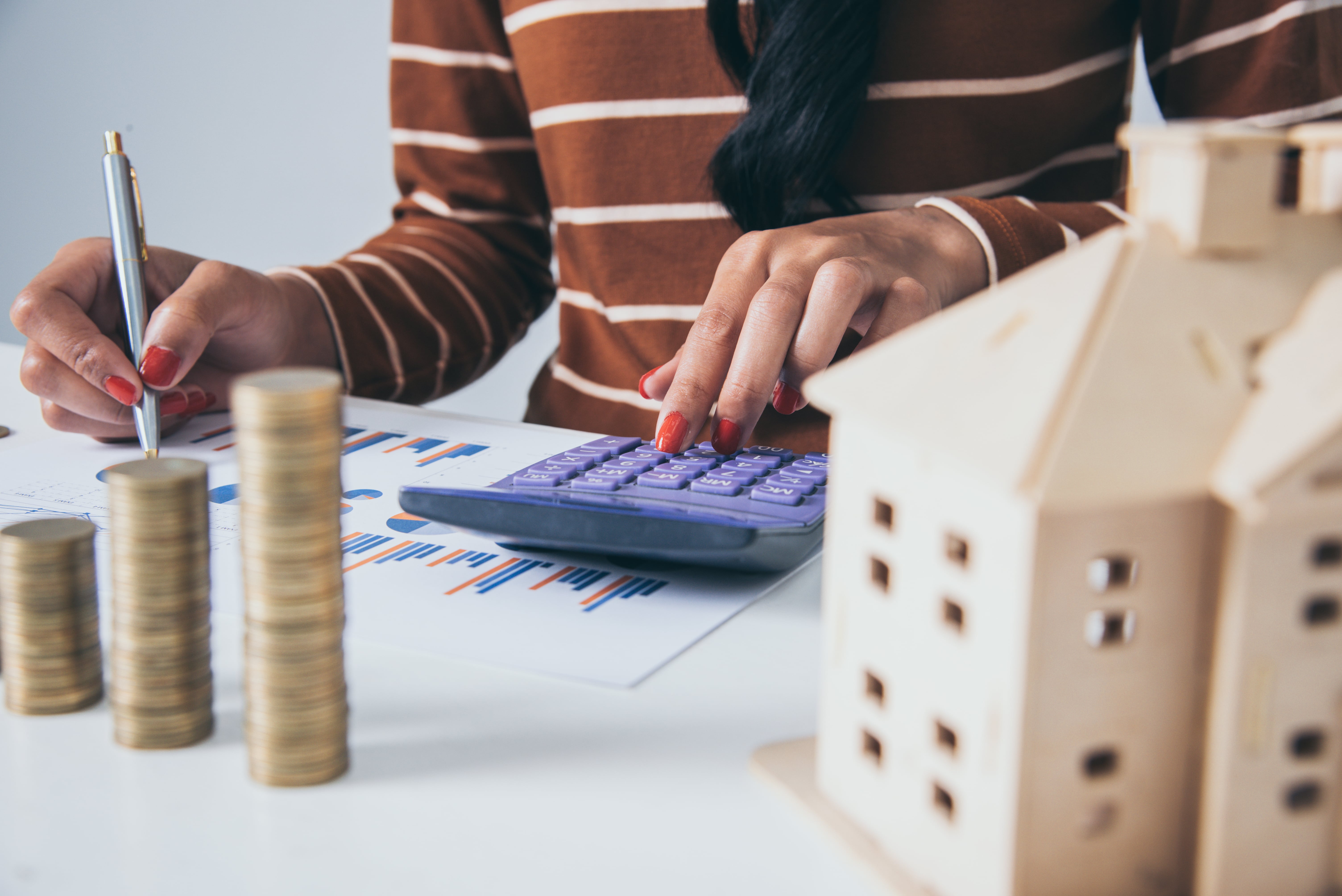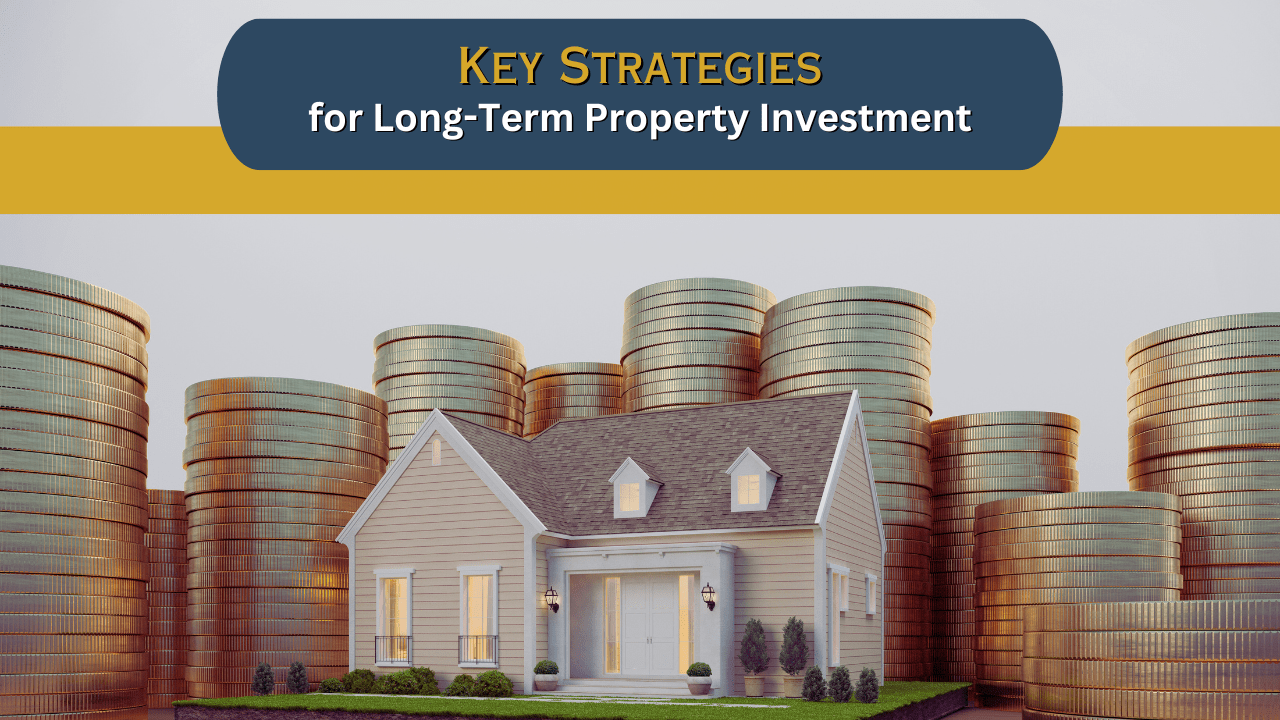Investing for the long term is a good idea. With the Richmond rental market growing and rental rates rising, you’ll find that the longer you hold onto a property, the more money you can make on it.
But, what about maintenance? What about retaining and finding good tenants?
There are a lot of considerations that come with setting into long-term property investments. They’re all manageable, however, especially when you’re working with a strong property management partner in Richmond who can help you stay ahead of any potential market shifts and economic downturns.
We’re sharing some key strategies for long-term property investment in Richmond. We know, from our own professional and personal experience, that buying and holding investment properties for the long term is the best way to build wealth.
Let’s talk about what this looks like for you, as an investor, and for the properties you’re buying and renting out.
Benefits to Long-Term Investments
Your investment property is a tangible asset that serves a purpose and earns you some income. You will always find tenants who need a place to live, and holding onto your investment for many years will provide your entire investment portfolio with stability.
Two of the most important benefits to owning an investment property for the long term are appreciation and equity.
Home Values Appreciate
Both the land your home sits on and the property itself will become more valuable as the years go by. This is true even when the market dips for a year or two. You’ll make a certain amount of money if you own a home for five years. But, if you own that home for 20 years or 30 years, you’ll see the value of your asset increase over that time. The longer you hold onto your home, the more appreciation you’ll earn.
As an investor, you also have the power to drive appreciation. Think about your property’s condition. If you make consistent improvements and updates, the property will grow in value even faster. New appliances, energy-efficient windows, and increased curb appeal will all drive up what your investment property is worth.
Increasing Equity
You also earn more equity when you hold onto your investment property for the long term. Every mortgage payment you make allows the balance of your loan to come down. And what’s better - your tenants are contributing to those mortgage payments. Over time, as both the loan balance and the interest portion of the mortgage decrease, more of your monthly mortgage payment goes towards paying off the balance of the loan. Before too long, your rental income with be total cash flow.
Selling your home after five years of mortgage payments will not deliver the profit that you’ll earn when you sell that home after 15 or 20 years of mortgage payments. If you manage to pay off the mortgage before you sell your home, you’re pocketing every dollar.
There’s an even bigger benefit when we’re talking about equity. The more equity you have in the property, the more money you’ll have available if you eventually want to refinance to cash out some of your equity or sell in order to buy another investment property.
Keeping Your Investment Property Occupied with Tenants
Having a tenant in place will drive what you earn. When your property is vacant, you’re not making any money with rental income, and that will set you back financially. So, one of your goals when you’re planning on long-term investments, is to identify, attract, and retain high-quality residents who will contribute to a positive and profitable investment experience.
Keeping your property occupied requires:
Good marketing and solid tenant screening
Attention to pricing; tenants know what your rental home is worth, so make sure you’re not overpricing it.
Maintenance and upgrades.
Strong tenant relationships and a good rental experience
A focus on tenant retention.
Look for good tenants. As you know, good tenants pay rent on time. They help you take care of your investment property. They also communicate openly, follow the terms of the lease agreement, and renew that lease year after year to save you from vacancy and turnover costs.
Always invest in a solid tenant retention plan when you’re planning to hold onto your investments for the long term. You need the stability, the care, and the consistent and recurring income.
Maintaining Your Richmond Investment Long-Term
You will need a solid strategy for preserving and protecting both the condition and the value of your long-term rental property. Maintenance is not just about fixing problems; it's about improving and updating and watching for signs of deterioration.
Regular maintenance can prevent small issues from ballooning into costly repairs, and that’s going to be an important part of your budgeting and reserve process year after year. Focusing on preventative maintenance plans will sustain property value and ensure tenant satisfaction.
Where should you focus your attention (and your resources) when it comes to maintaining your home over the many years you plan to own it? Let’s take a look.
Preventative Maintenance Must be a Priority
Owning a property for any amount of time requires a good plan for preventative care. As Richmond property managers, we can tell you that preventative maintenance is the centerpiece of a long-term investment strategy. By being proactive with monitoring and fixing the systems, functions, and even the appliances of your property, you can extend the life of those critical systems and prevent expensive emergency repairs.
You can focus on preventative maintenance by scheduling regular checks for your HVAC system, plumbing, electrical, and roofing structures. You’ll want to continually ensure that your drainage systems are clear and functioning well. Regular servicing can prevent catastrophic failures that require expensive and inconvenient repairs or replacements.
Preventative maintenance also serves the goal we mentioned earlier of tenant placement and retention. This is an excellent way to show your tenants that you care about your property and you also care about their comfort. Ongoing service calls to the HVAC means healthy air flow inside the home. Checking the insulation means that cold air doesn’t escape in the summer and warm air remains circulating in the winter.
What Are Your Tenants Most Concerned About?
Over the years, you will have a number of different tenants moving through your property. The longer you own your rental home, the more tenants will be using it.
High-traffic areas in a rental home will need a lot of maintenance attention, and you’ll find that these are the areas your residents care about the most. The kitchen, for example, will always be a focal point of your property. Think about the appliances, the flooring, lighting, and even the doors and windows.
Use durable materials, especially in these areas. Invest in hard surface flooring so that you’re not cleaning or changing carpets between each tenant. Regular touch-ups with paint or floor sealant will also be important when it comes to keeping these areas looking fresh for each new tenant. This will also substantially reduce the need for more intensive future repairs.
Choose paints and finishes that are not only durable but also easy to clean or touch up. You’ll do a lot of painting when you own a rental home for a decade or longer. When you invest in quality paint, you’ll ultimately spend less in the long term.
Educate Tenants on Caring for the Property
While you can't expect tenants to perform maintenance tasks themselves, you can educate them on the basics of caring for the home. Provide clear guidelines on what they can do to keep the property in good shape, like how to properly dispose of grease to avoid clogs, or where the main water shut-off valve is in case of a leak. You can expect them to change the air filters and to let you know immediately when something needs to be fixed. Small actions by informed tenants can prevent larger complications. When they know how to reset a garbage disposal, it’s one less maintenance request you have to respond to.
Set Aside a Maintenance Fund
 Being financially prepared for maintenance is, of course, critical, especially when you’re thinking about your investment for the many years to come.
Being financially prepared for maintenance is, of course, critical, especially when you’re thinking about your investment for the many years to come.
Set aside a reserve fund specifically for property upkeep. This ensures that when an issue does arise, you're able to address the problem swiftly without impacting other areas of your financial strategy. This needs to be a long-term budget that reflects both the current and future needs of your investment.
Long-term ownership of your Richmond investment property requires a focus on regular maintenance and improvements as well as tenant retention. Maintaining your investment properties and keeping your tenants in place for as long as possible can lead to considerable financial returns.
We recommend that you prioritizing preventive maintenance, focus on high-traffic areas, listen to tenants, and invest in quality. These are the things that will keep you profitable now and in the future. It’s also a good idea to partner with a Richmond property management expert. That could be us, and we’d be happy to talk with you further about your property and your investment goals. Please contact us at PMI Presidential.


